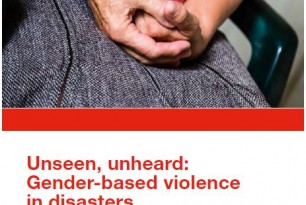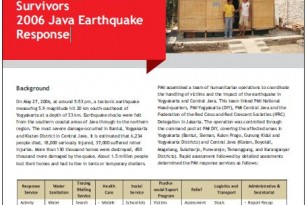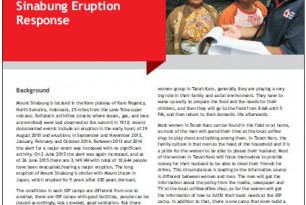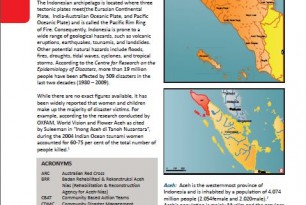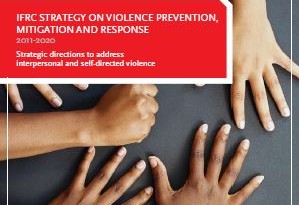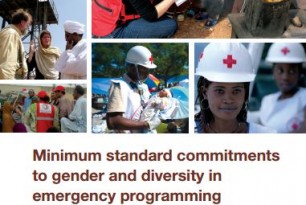
Purpose This strategy document voices the collective determination of the International Federation of Red Cross and Red Crescent Societies (IFRC) to tackle the major challenges that will confront humanity in the next decade. It consolidates previous policies and strategies, and…
![]()


